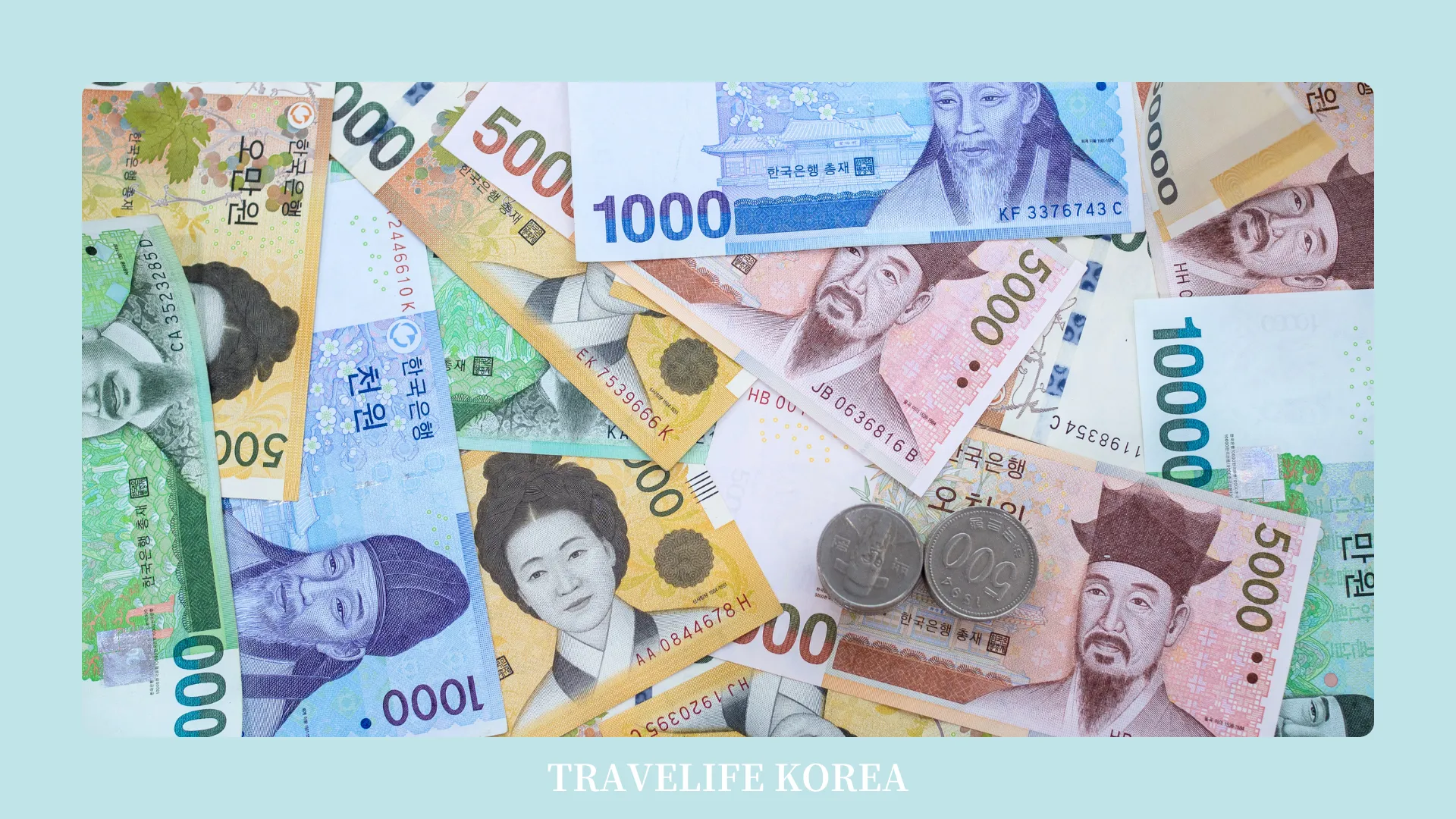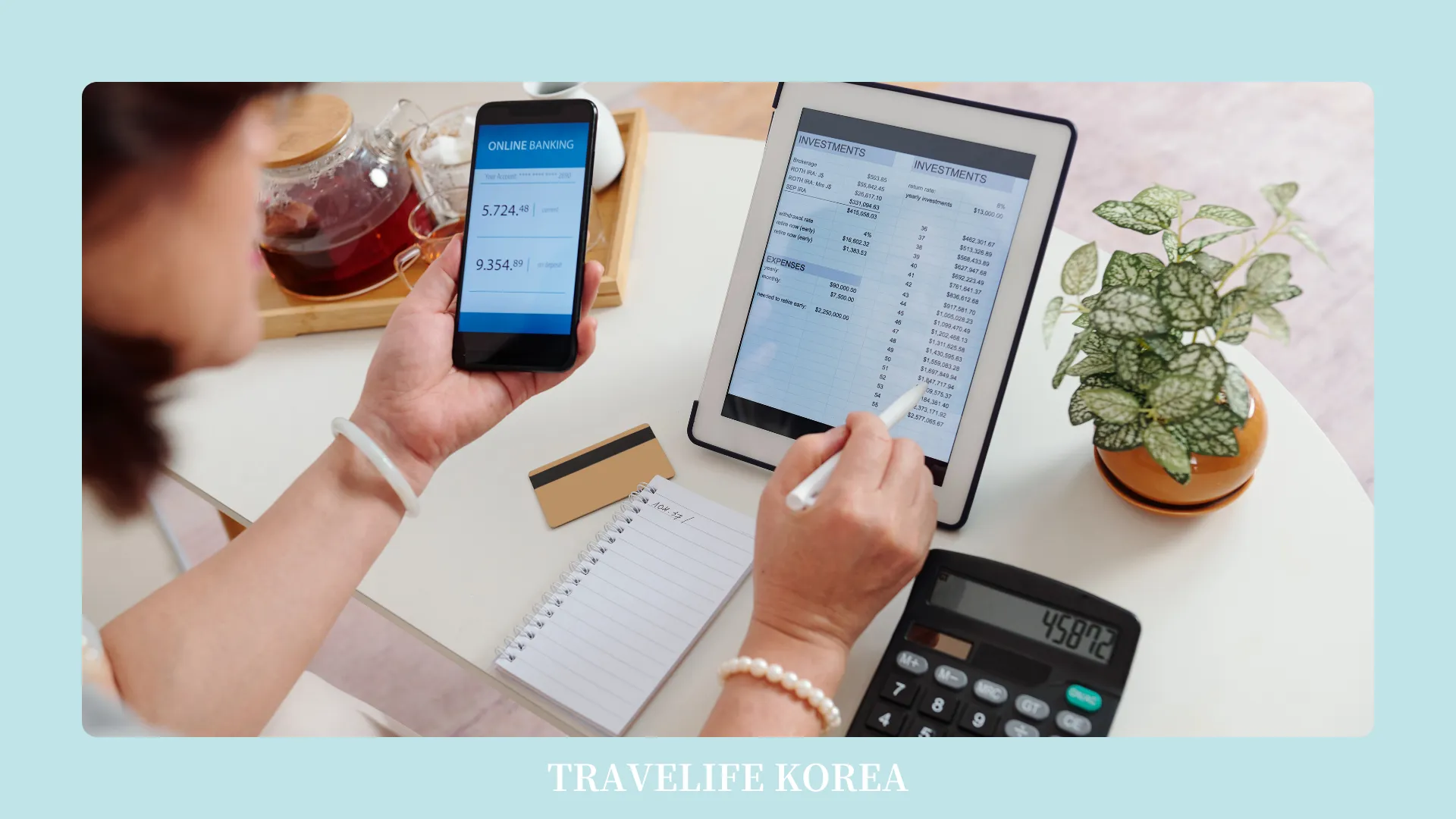How do you open a bank account as an international student in Korea? Navigating the banking system in a foreign country can be daunting, but it is a crucial step in managing your finances. This guide provides detailed information on the process, required documents, and tips for opening a bank account in Korea.
Why Open a Bank Account in Korea?

Opening a bank account in Korea is essential for several reasons. It allows you to manage your finances more effectively, receive money from home, pay for services, and withdraw cash without incurring high fees. Additionally, having a local bank account simplifies transactions such as paying tuition fees, receiving stipends or salaries, and transferring money.
Documents Required to Open a Bank Account
To open a bank account in Korea, you will need to present several documents at the bank. These include:
- Passport: Your passport is required as a primary form of identification.
- Valid Visa: A valid visa is necessary to prove your legal stay in Korea.
- Alien Registration Card (ARC): This card acts as your residency card and contains your address in Korea.
- Proof of Address: Although the ARC has your address, it is advisable to bring a copy of your address written in both Korean and English.
- Korean Phone Number: This is essential for the bank to contact you if needed.
- Employment Contract or Enrollment Certificate: If applicable, provide proof of employment or enrollment in a Korean institution.
Steps to Open a Bank Account

Choosing the right bank is crucial. Some of the most popular banks for expatriates and international students in Korea include KB Kookmin Bank, Hana Bank, Citibank Korea, Woori Bank, and Shinhan Bank. These banks offer various services in multiple languages, making it easier for non-Korean speakers.
Korean banks do not allow online applications for opening a bank account. Therefore, you must visit a branch in person. No appointment is needed; you can simply walk in, take a queue number, and wait for your turn.
Once it’s your turn, inform the bank employee that you wish to open a bank account. They will provide you with an application form. You will need to fill in your foreigner registration number, date of birth, address, contact information, and other necessary details.
You will need to set a 4-digit password for your bank account and cash withdrawal card. This password is crucial for securing your transactions and accessing ATMs.
After processing your application, the bank will issue you a bank card and a passbook. The bank card issued initially is usually an ATM card. If you need a debit card or one that works overseas, you must specifically request it. The same applies to internet banking services.
Using Your Bank Account
ATM and Debit Cards
In Korea, ATMs are widely available in cities, hotels, post offices, train stations, and convenience stores. While some ATMs are operational 24/7, most function from 8 AM to midnight. It is advisable to use ATMs associated with larger banks for better service and fewer fees.
Internet Banking
Internet banking is a convenient way to manage your finances. When opening your account, ask the bank staff to help you set up internet banking. Ensure that the bank offers an English service or an interface in your preferred language. Internet banking allows you to transfer money, pay bills, and check your account balance from the comfort of your home.
Banking Fees
Korean banks typically do not charge monthly fees for maintaining an account. However, there may be fees for specific transactions, such as using an ATM outside your bank’s network or making transactions outside banking hours. Be sure to ask about any applicable fees when opening your account.
International Banking Fees
When dealing with international transactions, be aware of potential fees and exchange rate markups. Korean banks may charge a service fee for foreign exchange transactions. If you plan to transfer money internationally, services like TransferWise can offer better exchange rates and lower fees.
Specific Services for Foreign Students
Currency Exchange
Currency exchange can be done at banks or exchange offices. There is no limit on the amount that can be exchanged, but transactions exceeding USD 10,000 per transaction or USD 100,000 annually must be reported to customs and the National Tax Service. Always carry your passport and any necessary documentation when exchanging money.
Remittance Services
To send money home, you can use the remittance services provided by banks. You will need your passport, a payment application form, and proof of study abroad, such as an admission permit. Banks may also require additional documentation if the remittance amount exceeds certain limits.
Popular Banks for International Students
- KB Kookmin Bank
KB Kookmin Bank is one of the largest banks in Korea, offering a comprehensive range of services tailored for international students and expatriates. It has over 1200 branches and 1200+ ATMs nationwide. Their services include personal banking, corporate banking, and student accounts with basic functions, often providing free transactions for foreigners. - Hana Bank
Hana Bank is known for its extensive network and customer-friendly services. It has over 40 branches and 40+ ATMs, providing Easy-One foreigner service with online banking available in multiple languages, including English, Chinese, Japanese, and Vietnamese. Hana Bank also offers corporate banking accounts, making it a popular choice for international students and expatriates. - Citibank Korea
Citibank Korea offers a wide range of international banking services, ideal for students with global financial needs. With over 1200 branches and 1200+ ATMs, Citibank provides personal banking, foreign exchange services, and Citigold and Citigold private client accounts with financial guidance. Their extensive services make it a preferred choice for many expatriates. - Woori Bank
Woori Bank is popular for its accessibility and user-friendly services for foreigners. It has over 1000 branches and 1000+ ATMs, offering personal banking, student accounts, and international remittance services. Woori Bank is well-regarded for its customer service and convenience for international students. - Shinhan Bank
Shinhan Bank offers reliable banking solutions and is well-regarded for its customer service. With over 900 branches and 900+ ATMs, Shinhan Bank provides personal banking, student accounts, and foreign exchange services. It is a dependable choice for international students seeking comprehensive banking services. - Standard Chartered Bank Korea
Standard Chartered Bank Korea is known for its global network and financial stability, making it a preferred choice for international students. It has numerous branches and ATMs across the country, offering personal and corporate banking services, as well as international banking services. - NongHyup Bank (NH Bank)
NongHyup Bank, also known as NH Bank, is a major bank in Korea known for its widespread presence and community-oriented services. It has an extensive network across rural and urban areas, offering personal banking, agricultural finance, and student accounts. NH Bank is a reliable option for international students. - Industrial Bank of Korea (IBK)
Industrial Bank of Korea (IBK) is a reliable choice for students, especially those interested in entrepreneurial ventures. It has numerous branches and ATMs across the country, providing personal banking, corporate banking, and foreign exchange services. IBK is well-suited for international students seeking robust banking solutions. - KEB Hana Bank
KEB Hana Bank offers extensive services for expatriates and is known for its international banking capabilities. With numerous branches and ATMs across the country, KEB Hana Bank provides personal banking, corporate banking, and foreign exchange services. It is a popular choice for international students and expatriates.
Tips for Managing Your Bank Account
Managing your bank account effectively is crucial for ensuring a smooth financial experience in Korea. Be cautious of scams, such as voice phishing, where fraudsters may ask for your bank account number, card number, or password over the phone. Always verify the identity of the caller and never share sensitive information. Additionally, ensure the security of your internet banking ID and password by keeping them confidential and changing them periodically. Opt for banks and branches that offer services in English or your preferred language to facilitate better communication and support. Utilizing online banking can greatly simplify managing your finances, allowing you to easily transfer money, pay bills, and monitor your account activity. By staying vigilant and organized, you can effectively manage your bank account and avoid potential issues.
Conclusion
Opening a bank account in Korea is a straightforward process that is crucial for managing your finances as an international student. By understanding the required documents, choosing the right bank, and following the steps outlined in this guide, you can ensure a smooth transition into your new life in Korea. With your bank account set up, you can focus on your studies and enjoy your time in Korea without worrying about financial matters. Stay informed, secure your financial transactions, and make the most of your experience in Korea. By following these steps and tips, international students can confidently navigate the process of opening a bank account in Korea, ensuring they are well-prepared for their stay. Whether for managing daily expenses, receiving funds, or making payments, having a local bank account is an indispensable part of living and studying in Korea.
\ Follow Our Community /
STUDY IN KOREA
INQUIRE NOW
Please feel free to seek our help at NO COST.
We are looking forward to meeting you!








